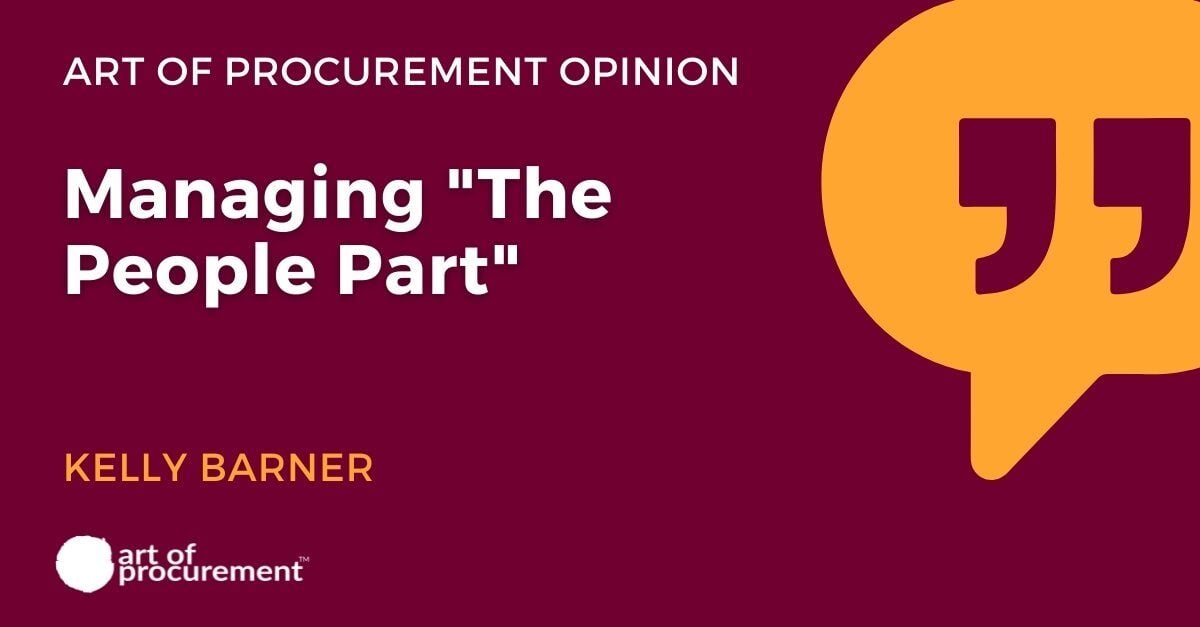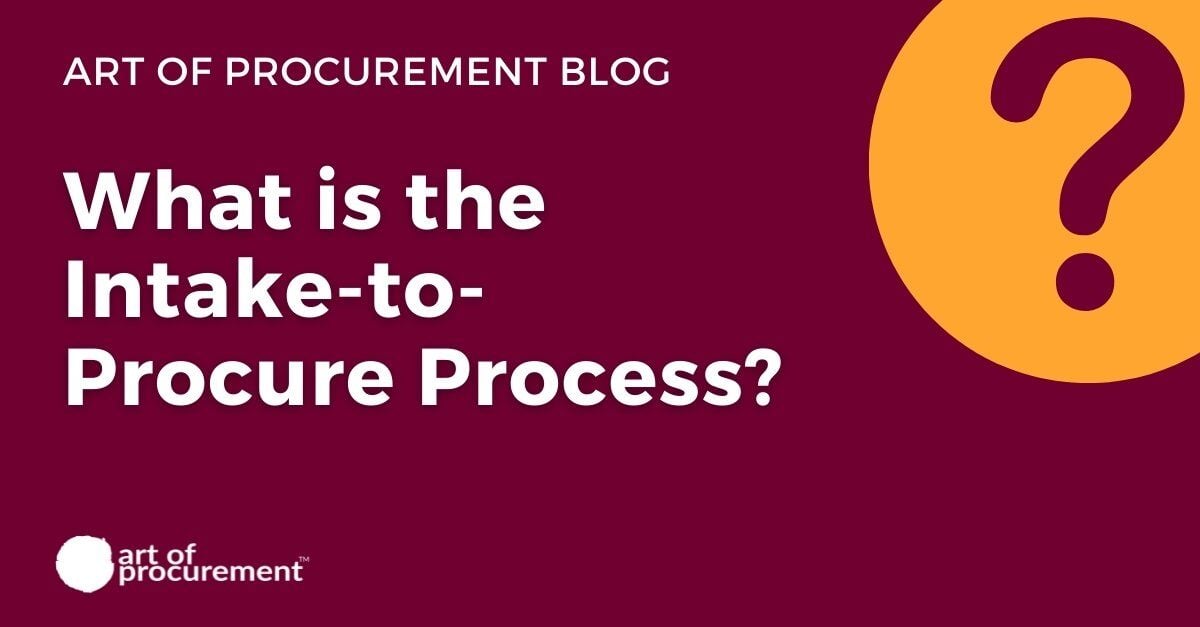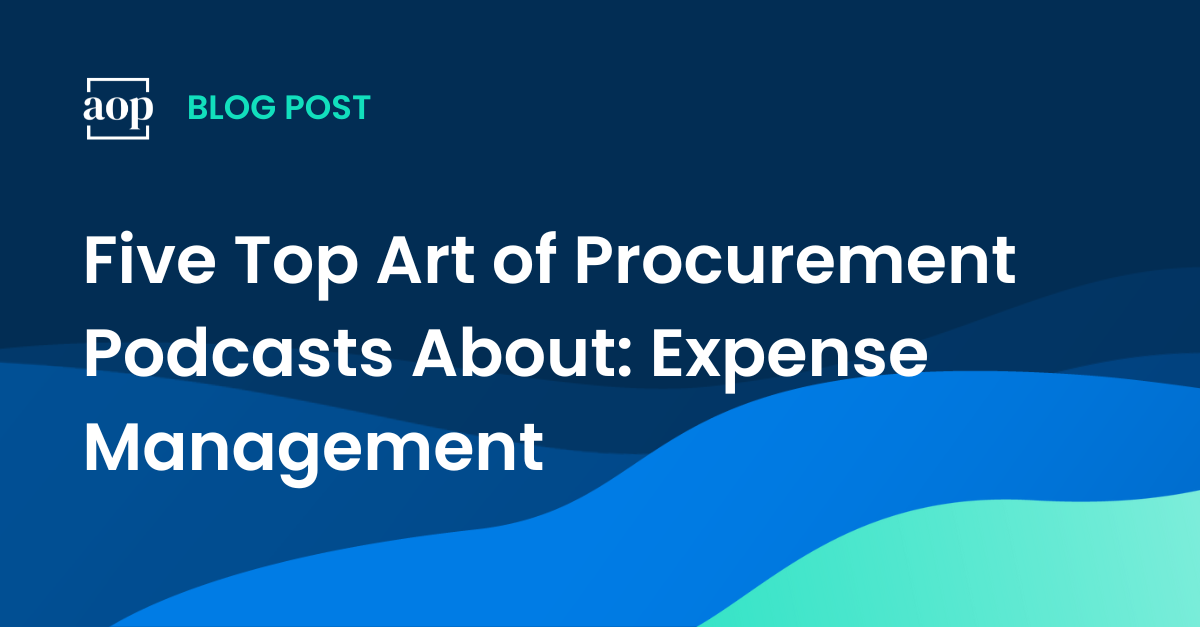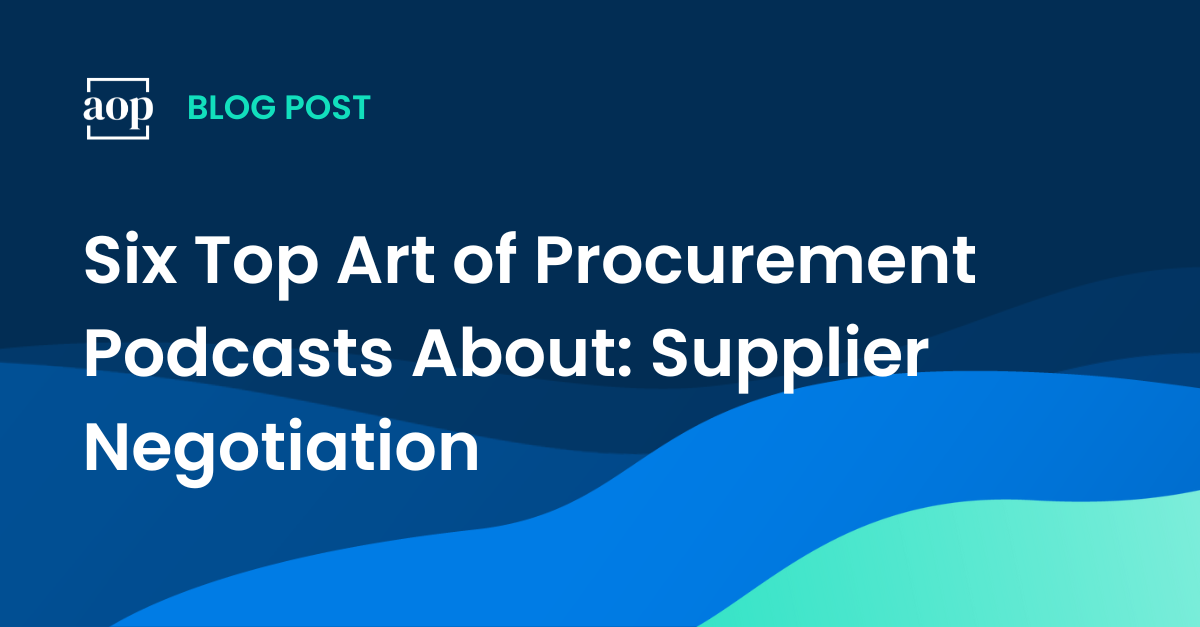
The people part, that’s always the wrinkle. Procurement can talk about transformation and evolution all we want, but if we don’t get people to join us, we’re not going to get very far.
We have a lot of different audiences that we are trying to reach: internal stakeholders on sourcing projects, distributed buyers using P2P, finance, legal, IT, and the C-suite – and that doesn’t even touch upon all of the suppliers we have to communicate with.
As procurement becomes increasingly strategic, we have to get better at communicating with and influencing people. It is one thing to mandate an office supplies provider or a rental car contract, but it is another to try and mandate an expanded attitude about spend management at large. Here is my advice for achieving change and building consensus at the same time – by forming stronger connections.
Like your work and believe in your plan.
Have you ever encountered someone who hates their job? I know, that is a ridiculous question, of course you have. Think of a restaurant, store, or coffee shop where the person at the counter hated their job. It makes for an awful experience, doesn’t it? Now think of someone in the same role that loves their job, or at least loves the people they come into contact with at work. Talk about a difference! If you can’t manage to project positivity and enthusiasm about procurement, please go work somewhere else in the company. You’re making it harder for the rest of us.
If you can be enthusiastic and clear about the change that needs to happen, you’ll be far more successful connecting with others and winning them over.
Put in a little bit of extra effort.
I learned this one the hard way – not because I made the mistake of not going the extra mile, but because I put in my time in consulting. When you are a consultant, you are always traveling, you are always working, and your boss will accept nothing but the very best. The pressure is unbelievable. The only thing that compares to it is entrepreneurship, which makes being a consultant look like retirement.
When everything you’ve worked for is riding on each detail you deliver, you take the extra hour, or minute, or second to put on a touch of polish. That might mean signing your name to an email rather than just typing the message or using full sentences (please use full sentences) or looking for one last possible solution to an open issue rather than just going back with a question or an open task.
Once again, this extra effort, applied consistently over time, will completely alter how you are perceived by stakeholders, suppliers, and executives. You don’t want to seem like a frazzled workaholic, but if you seem knowledgeable, dedicated, and hardworking, you will be credited with having a level of authority that far exceeds your rank and job title. And that sort of authority builds trust and disincentivizes resistance.
Be in it together.
If I had to guess why procurement so often faces pushback when we are trying to roll out change, I would say this: we have a “you” problem. If you’ve ever received coaching on how to have important or tough conversations, you will know about the all-important, “I” statement. I feel, I think, I believe. “You” statements are generally regarded as judgmental, and they are absolutely open for debate. Don’t ever try to tell someone else how they feel.
In the context of procurement, the true power is found in the “we” statement. You’re not rolling out a plan for others to follow, you are implementing a program that everyone – procurement included – will benefit from together. We need to get through this. We need to be open to feedback. We need to collect and incorporate new ideas. If they think you’re exempt from or unaffected by something that is inconvenient, of course they are going to see themselves as being on the other side of the issue – they’ve been put there by our messaging and communication.
People can be hard to deal with – talk about an understatement, right? The most powerful investment procurement can make in improving our relationships is to want good working relationships. Make an active effort to like everyone you meet. Work hard for them and for you. Put in the extra effort. CARE and show that you enjoy your job. Bringing everyone together on the same team or the same side is both empowering and powerful, and it will last long into the future.




